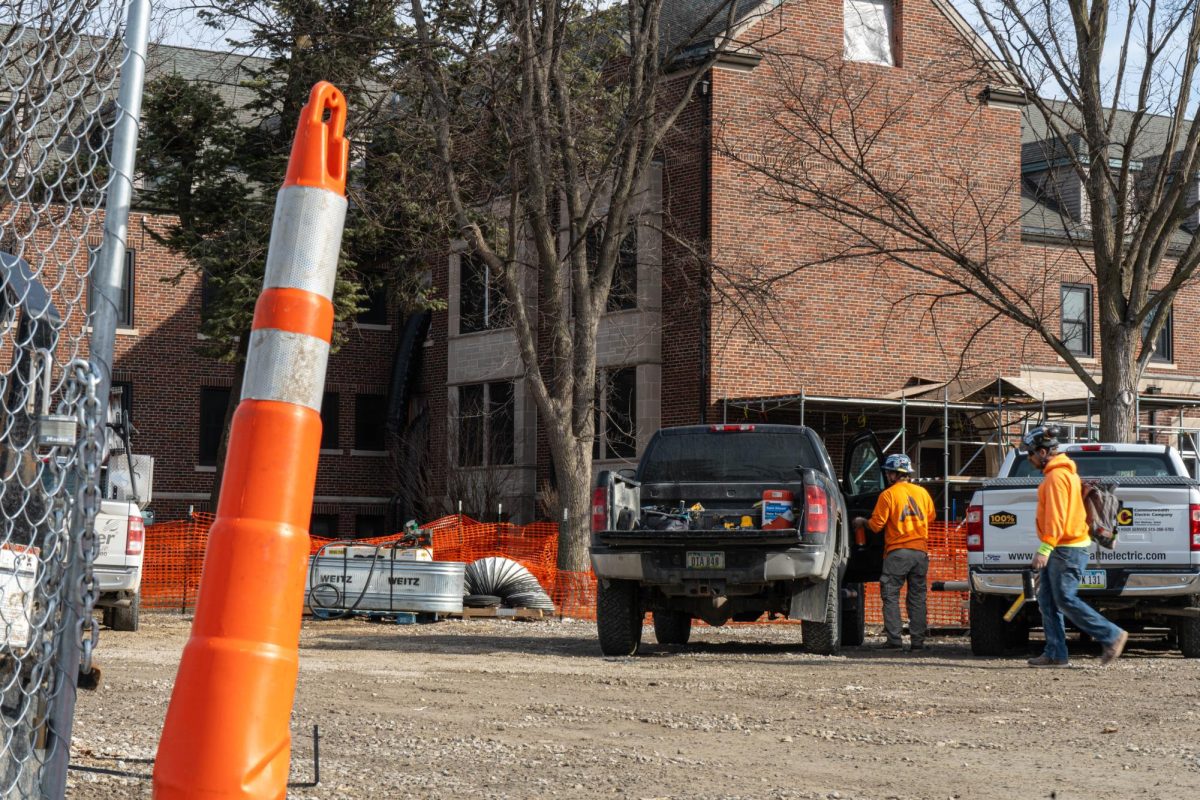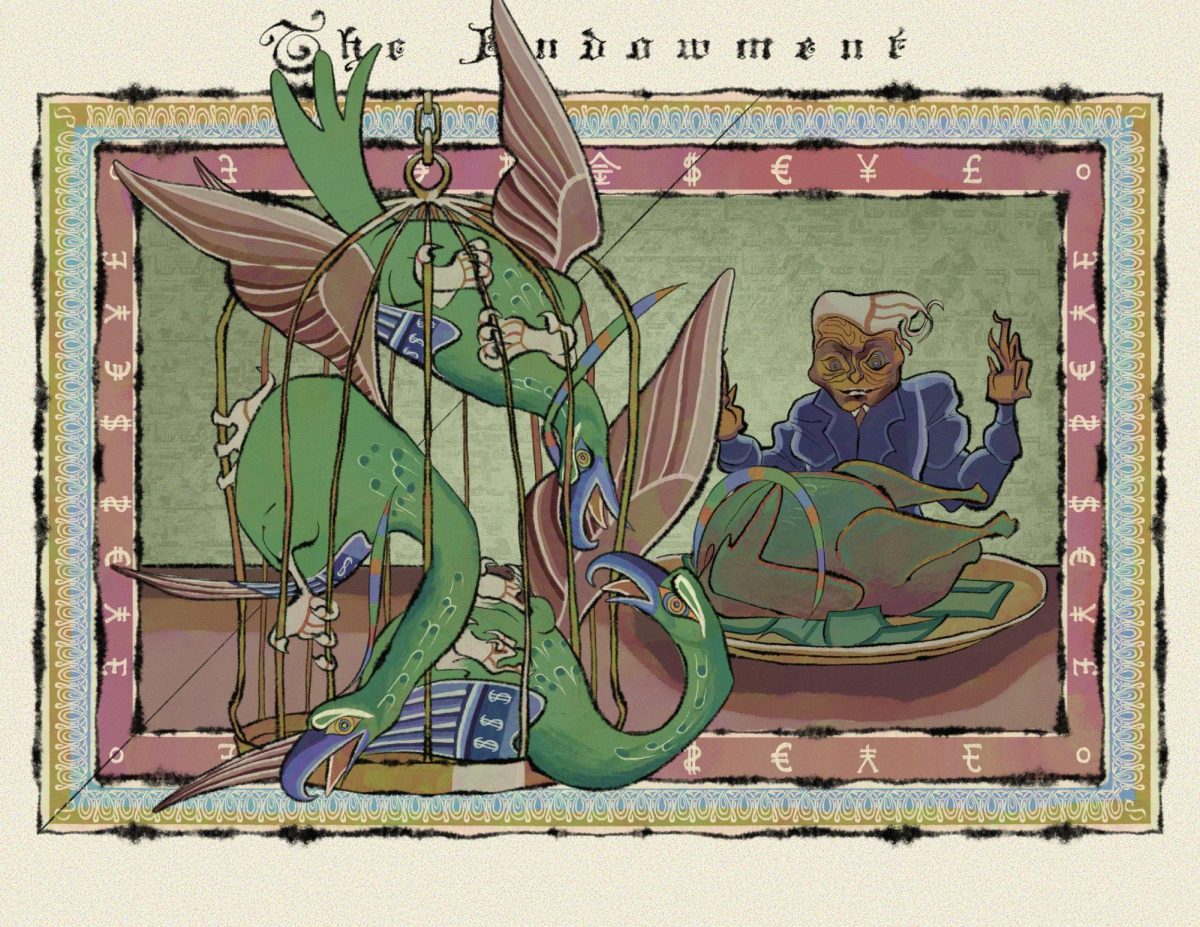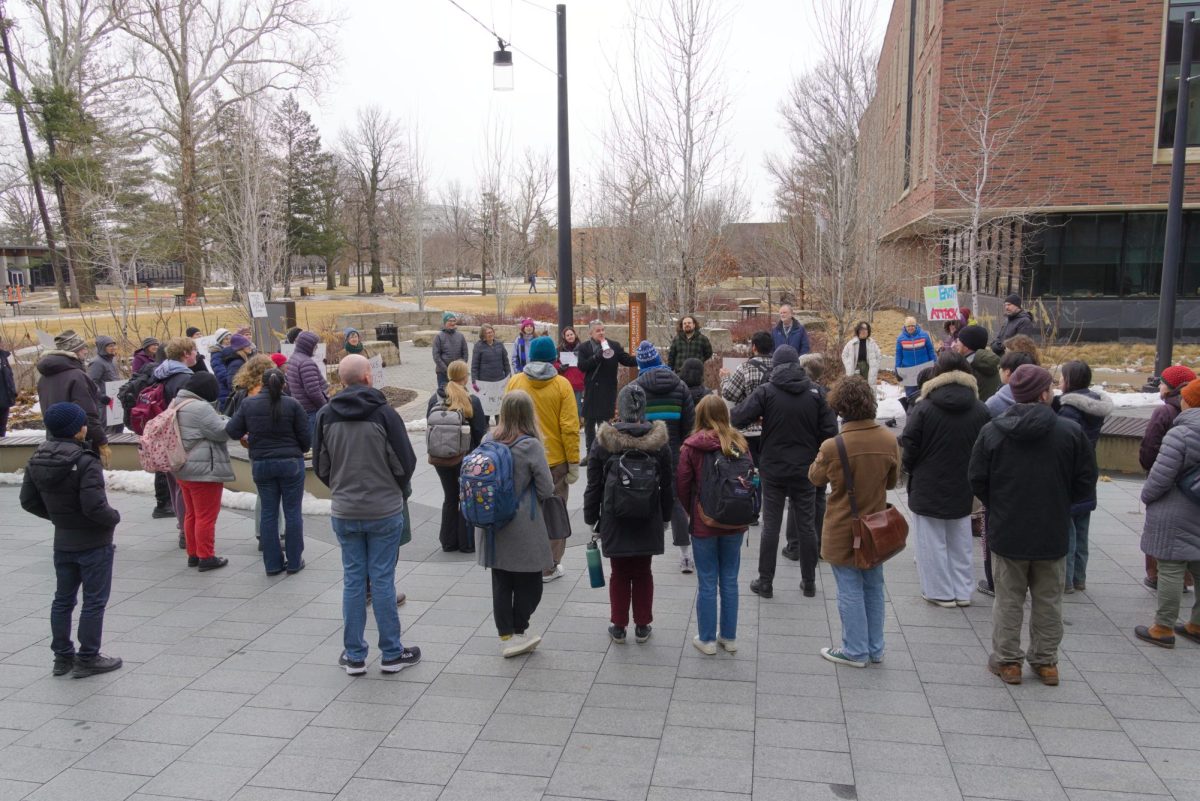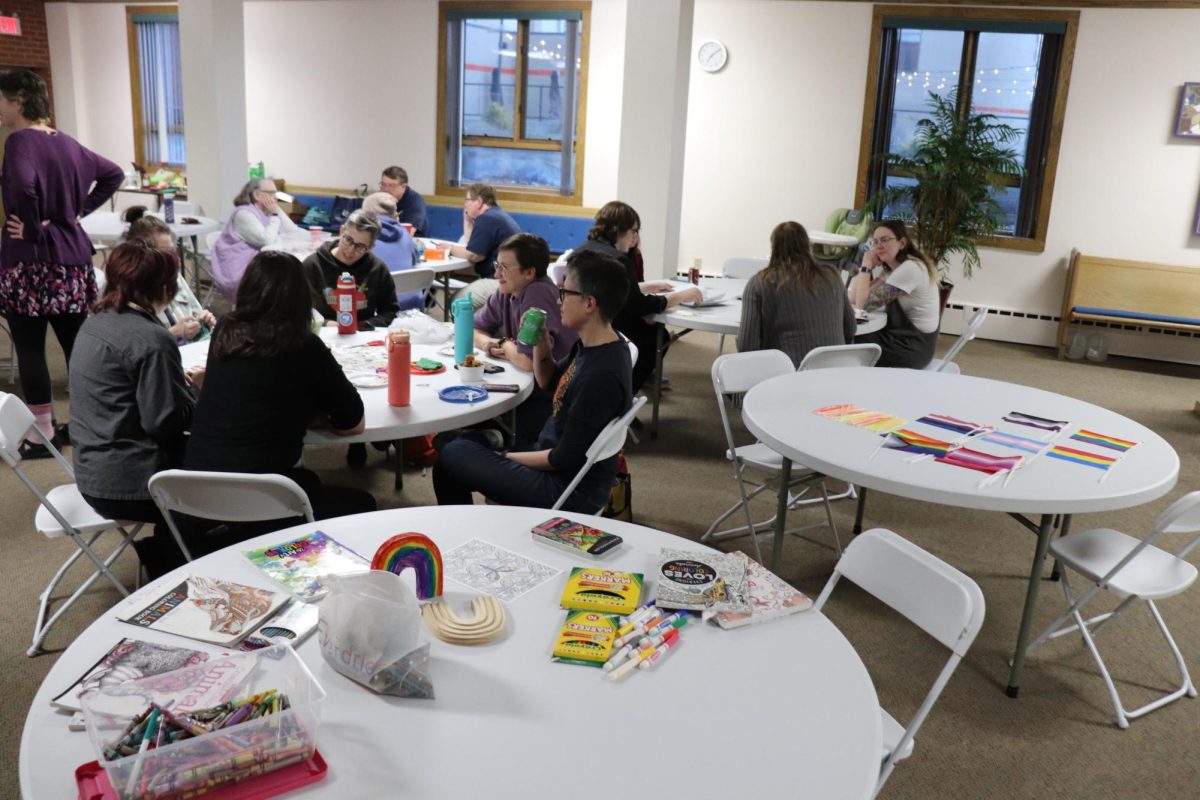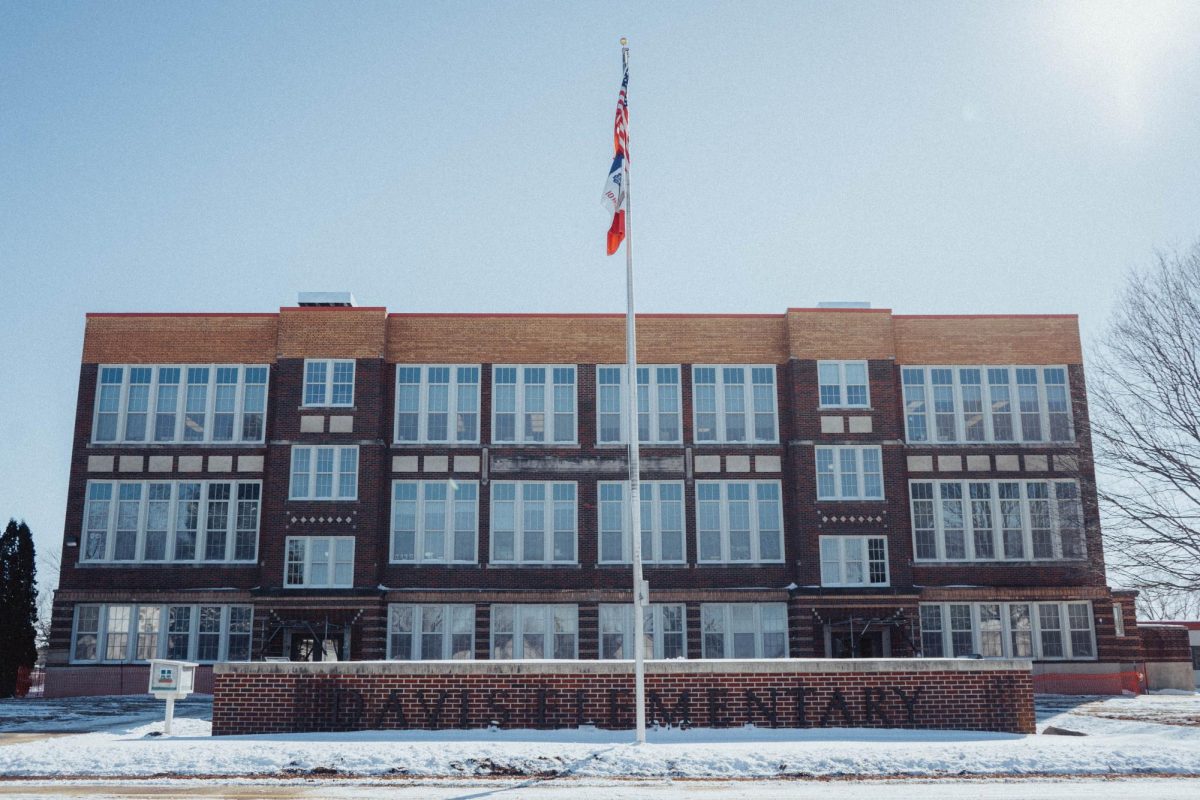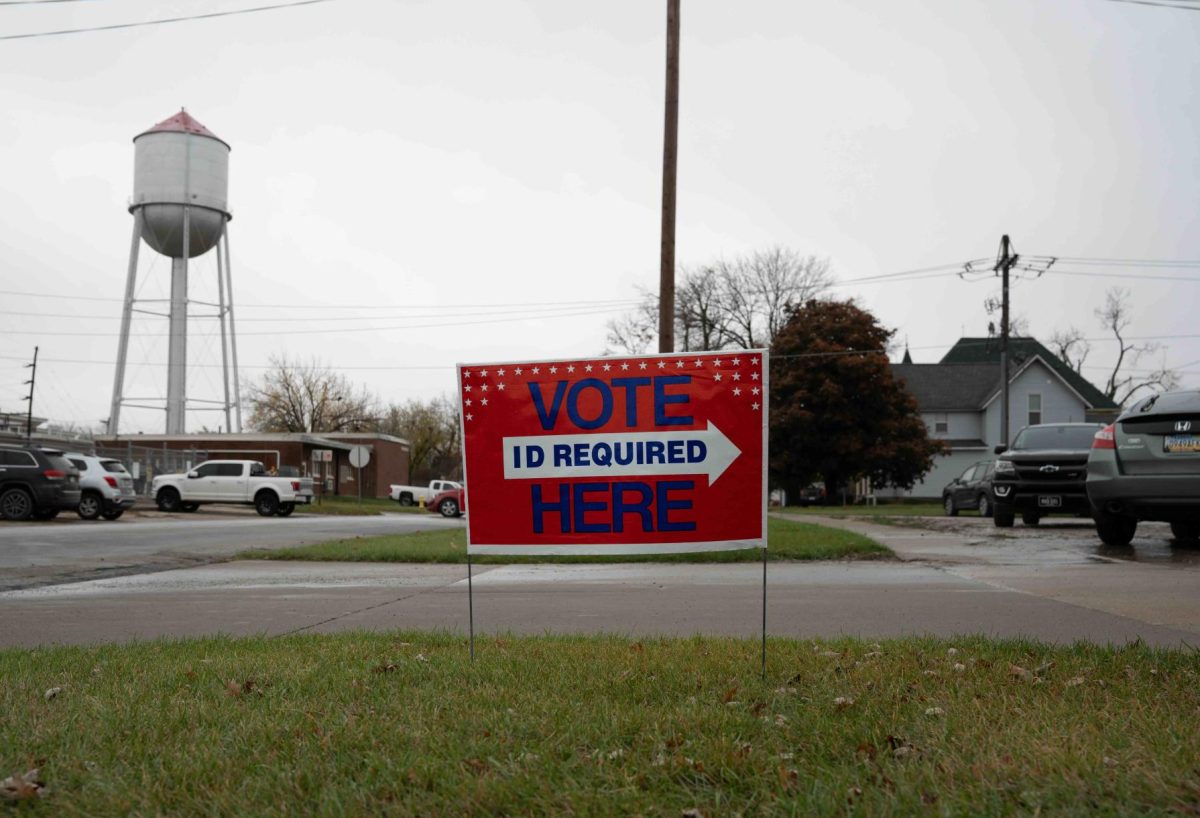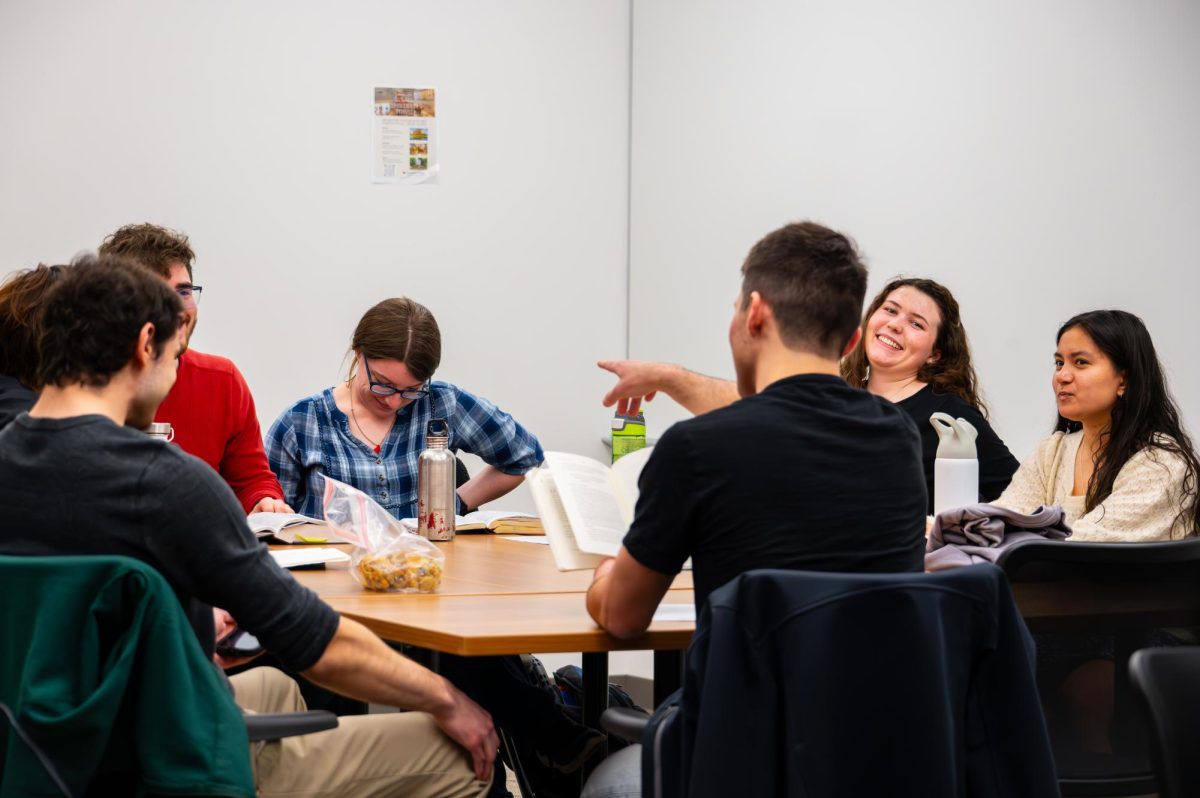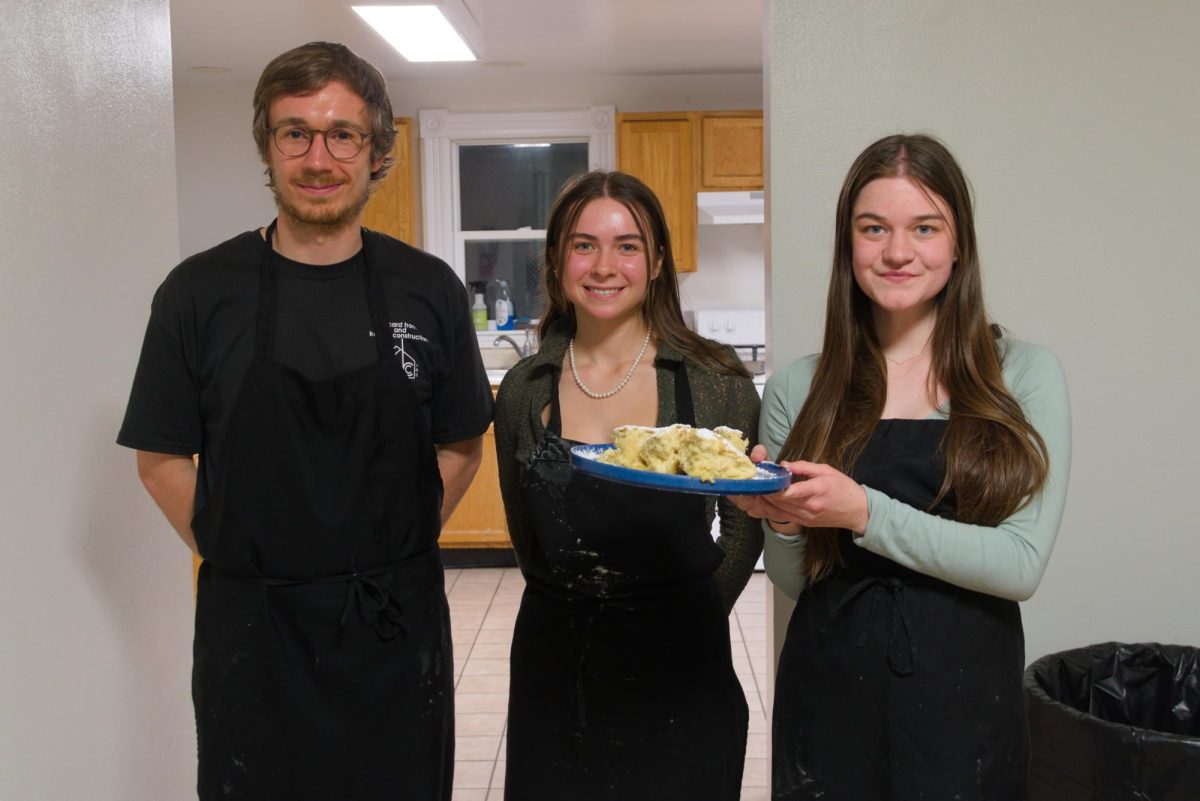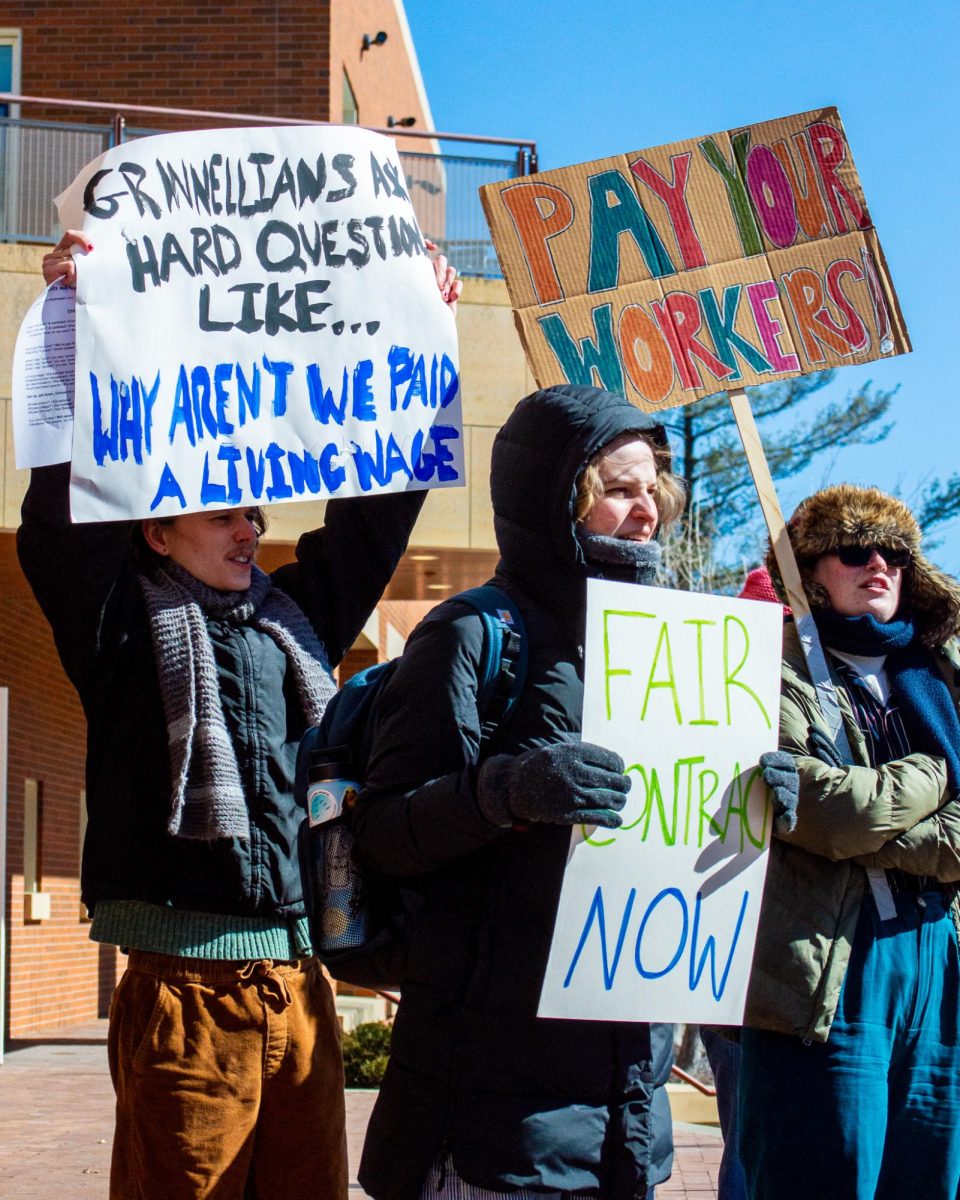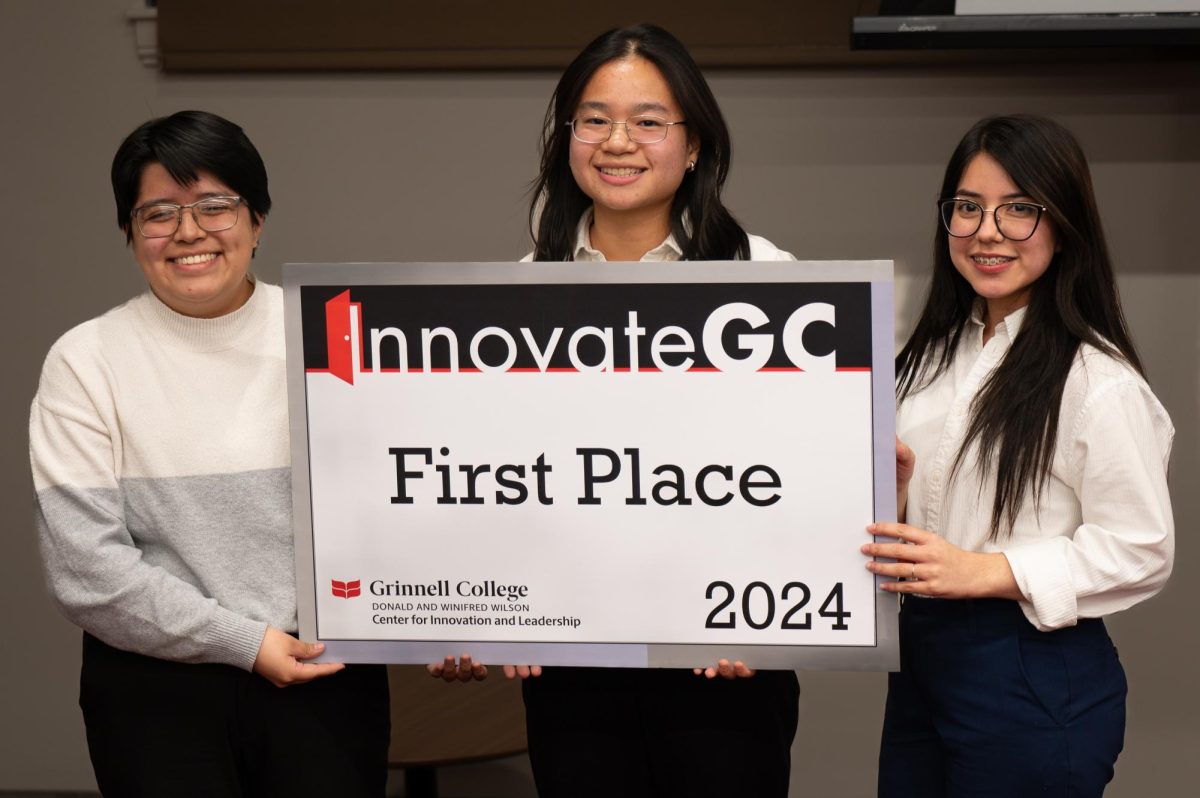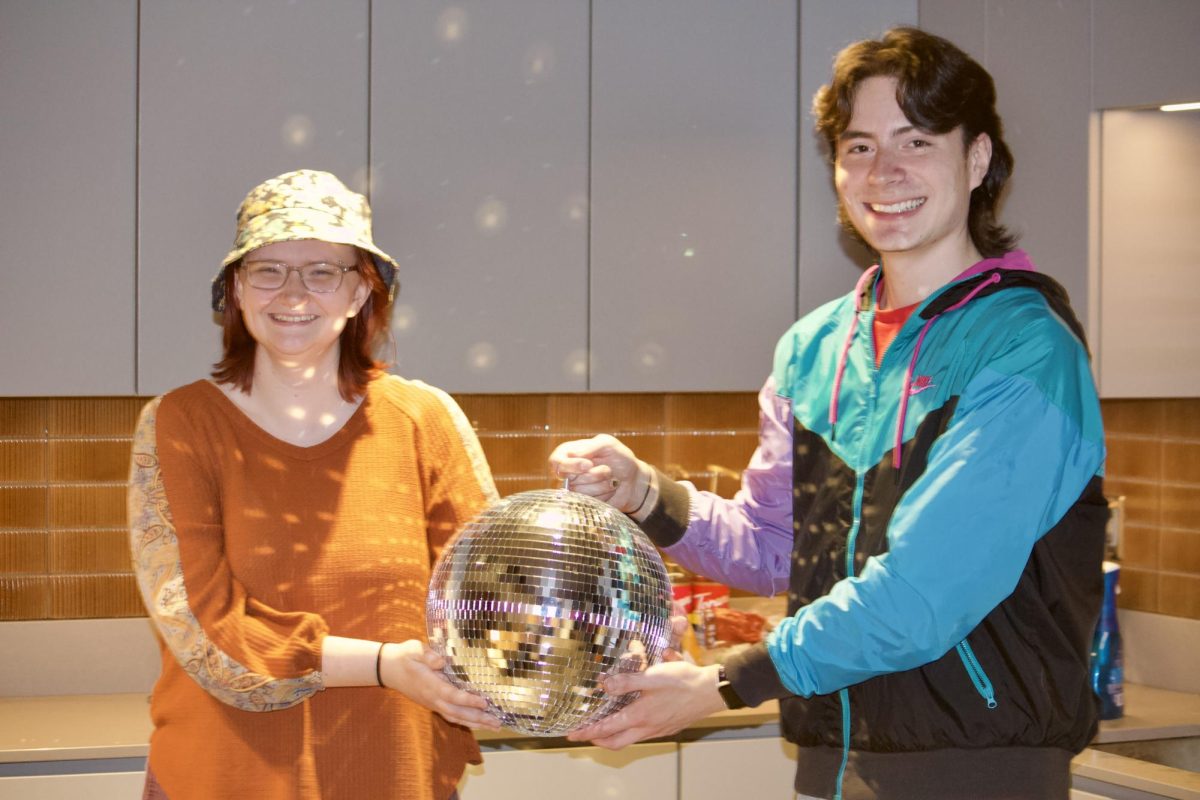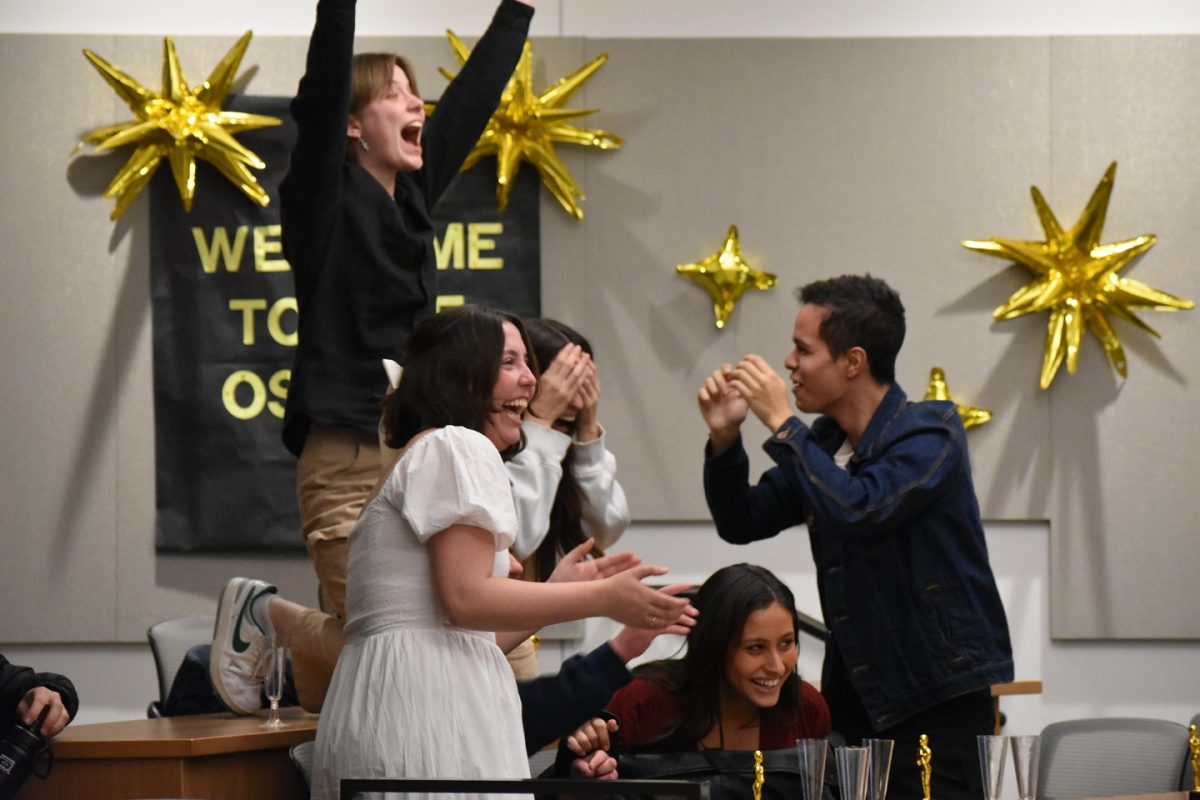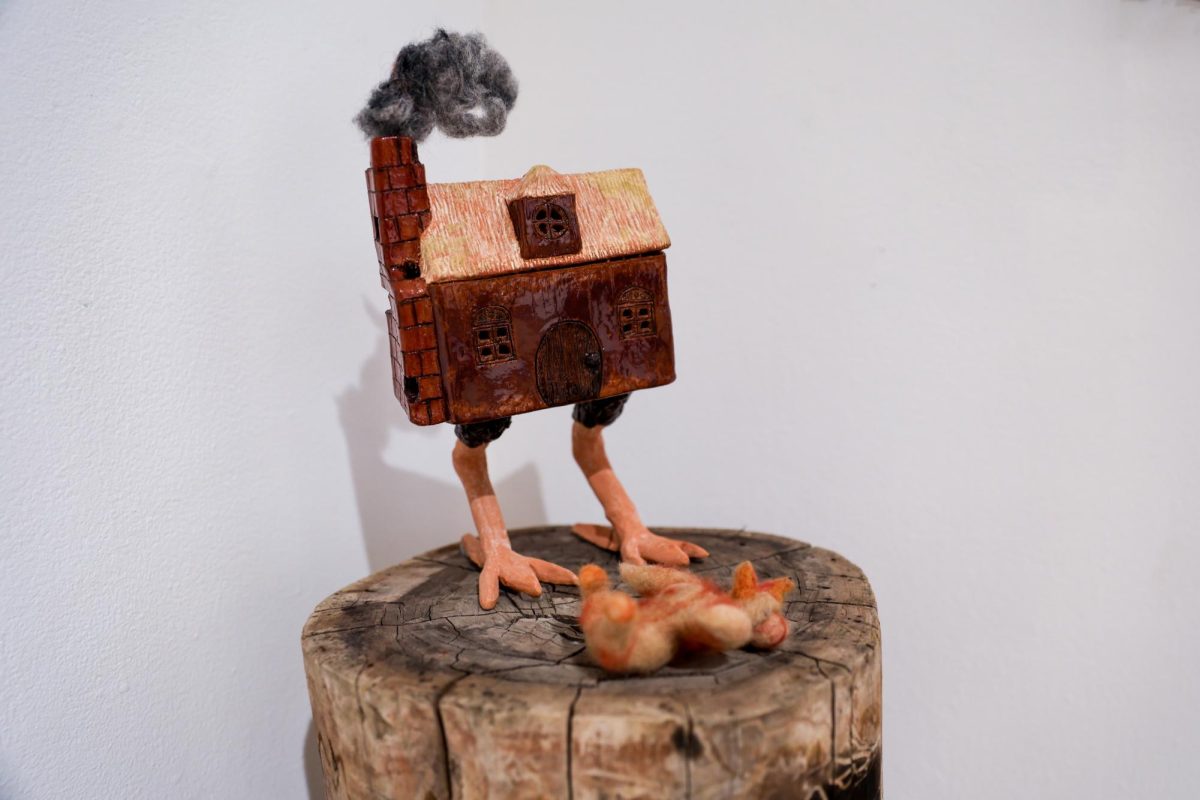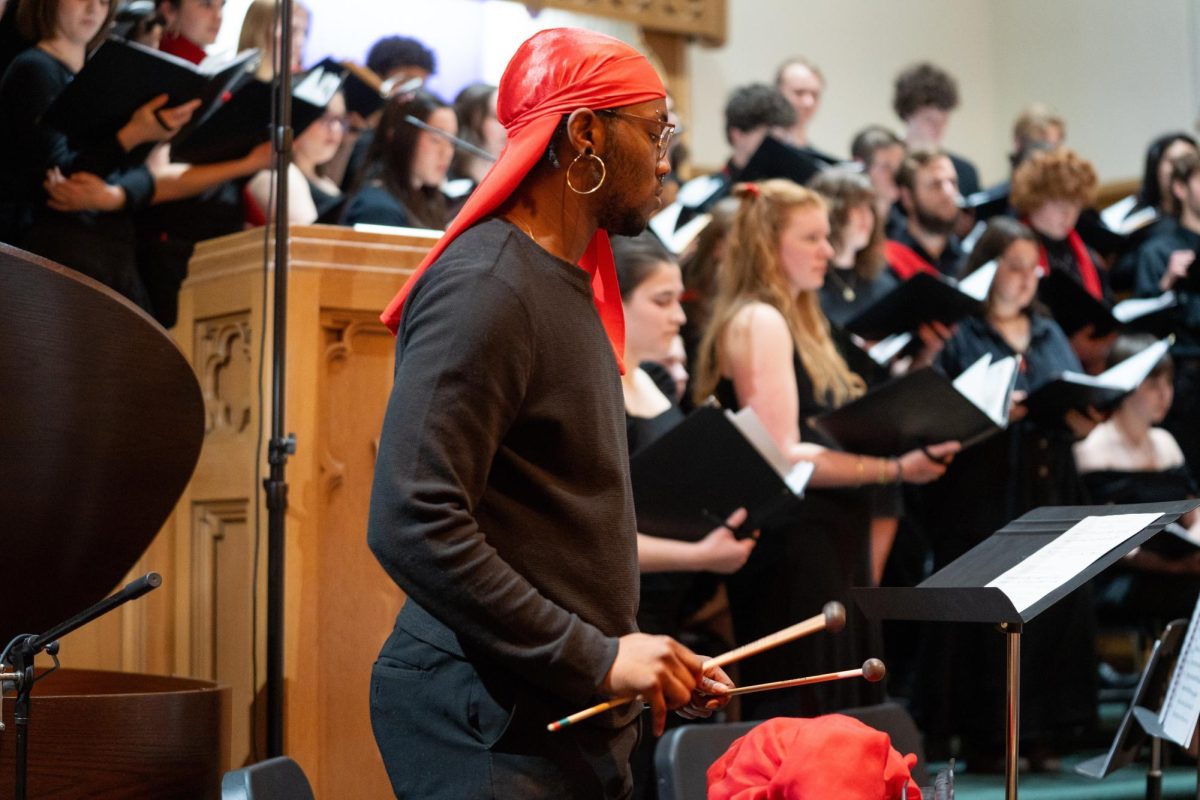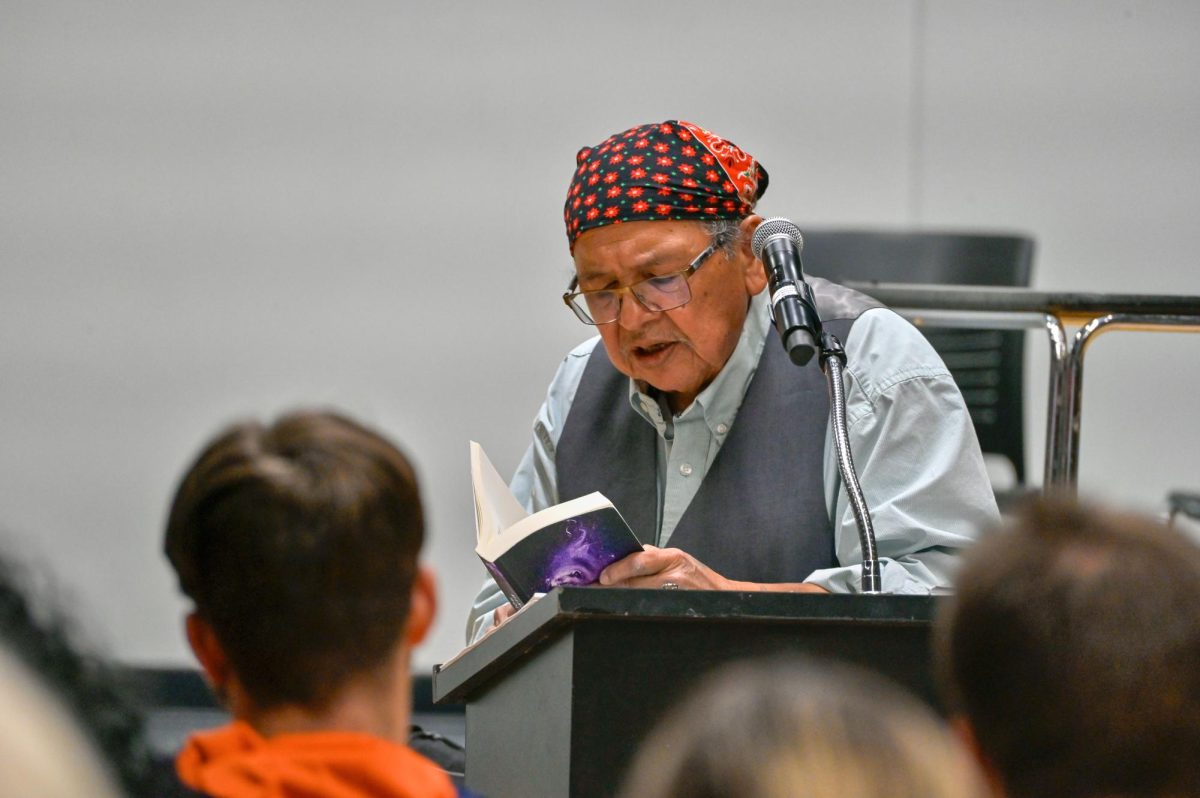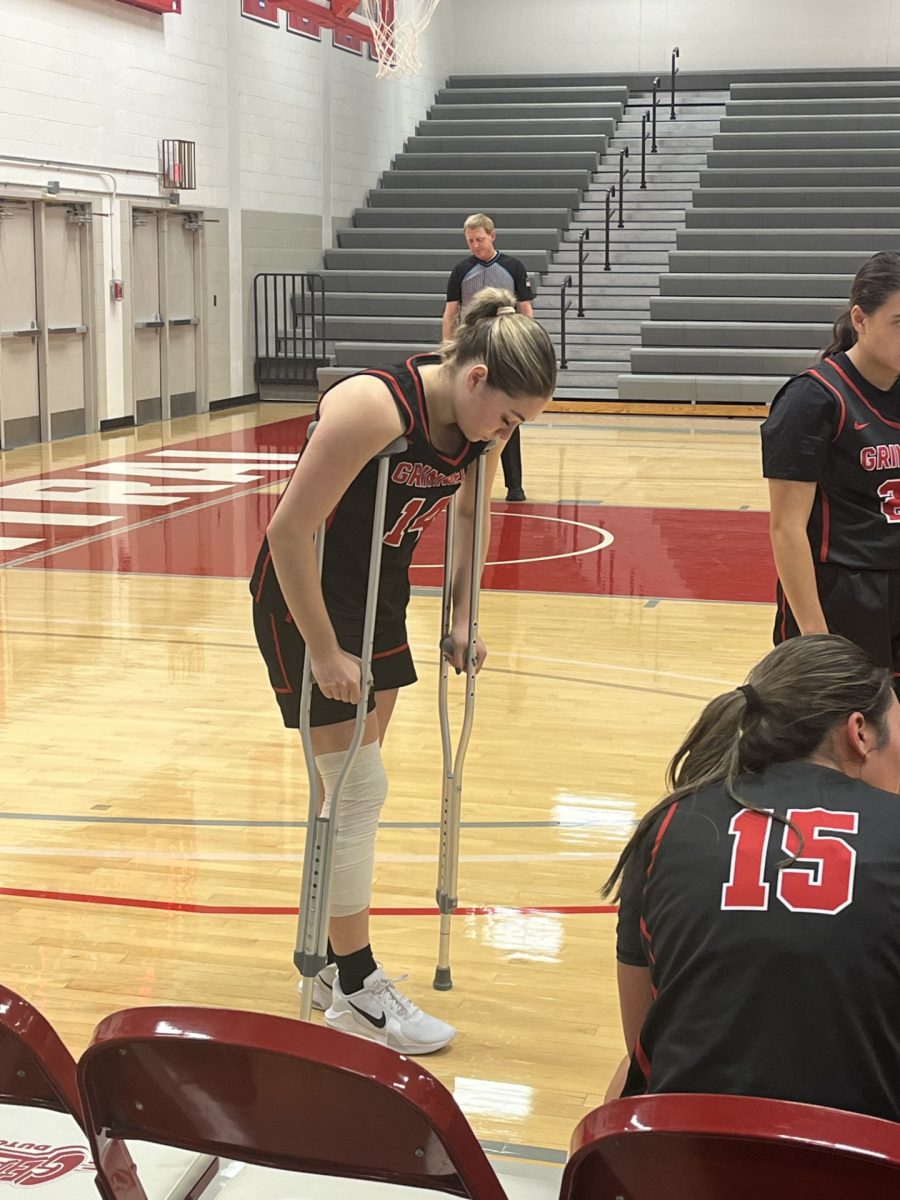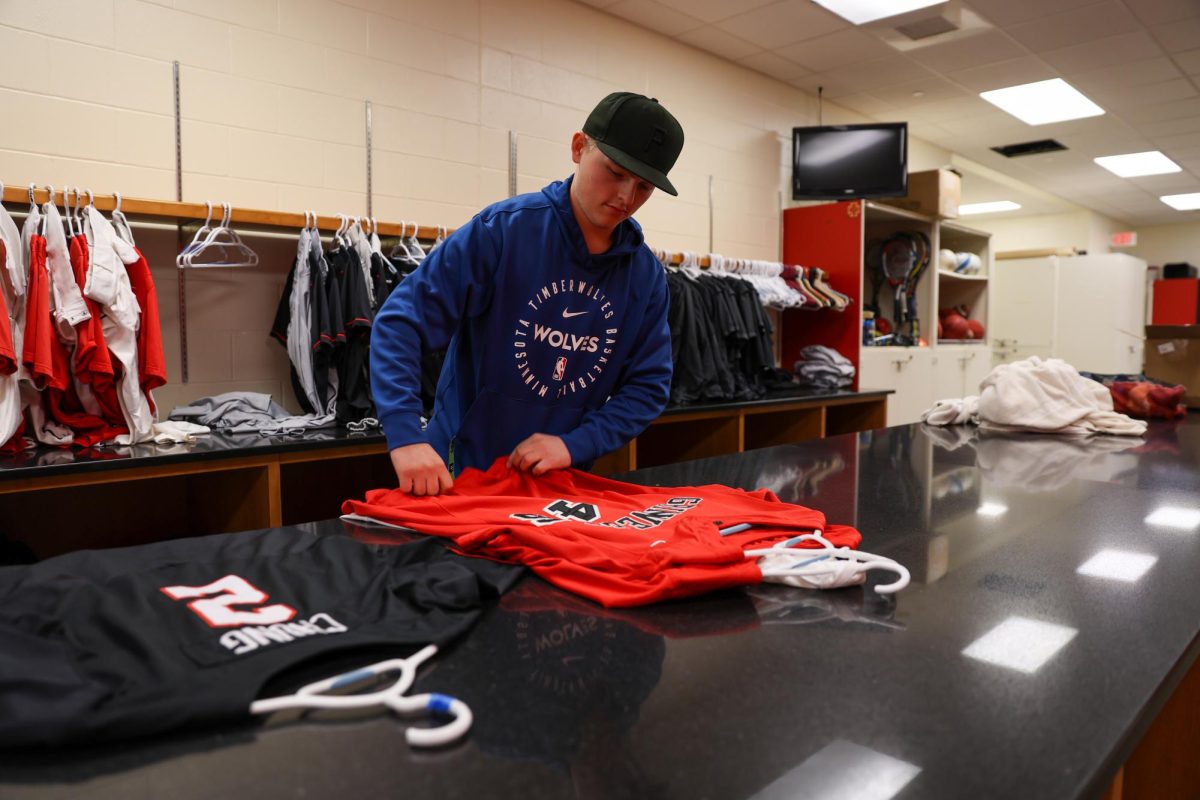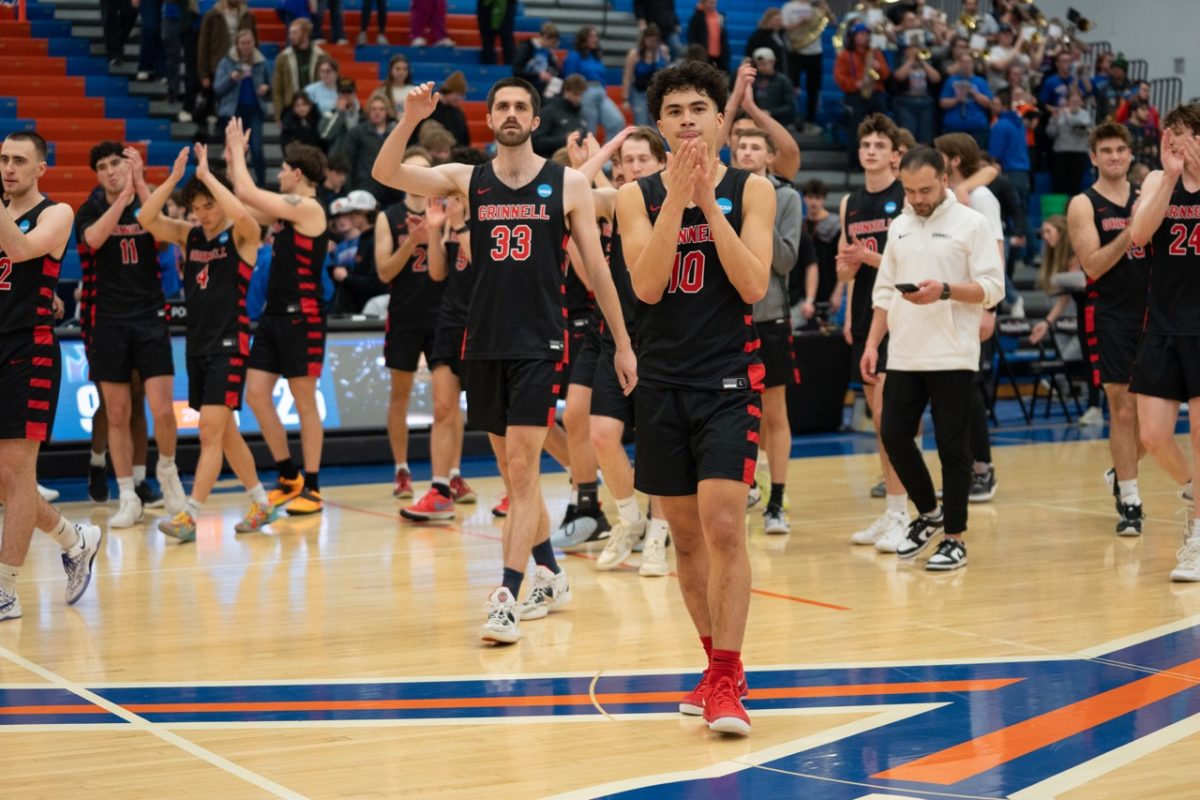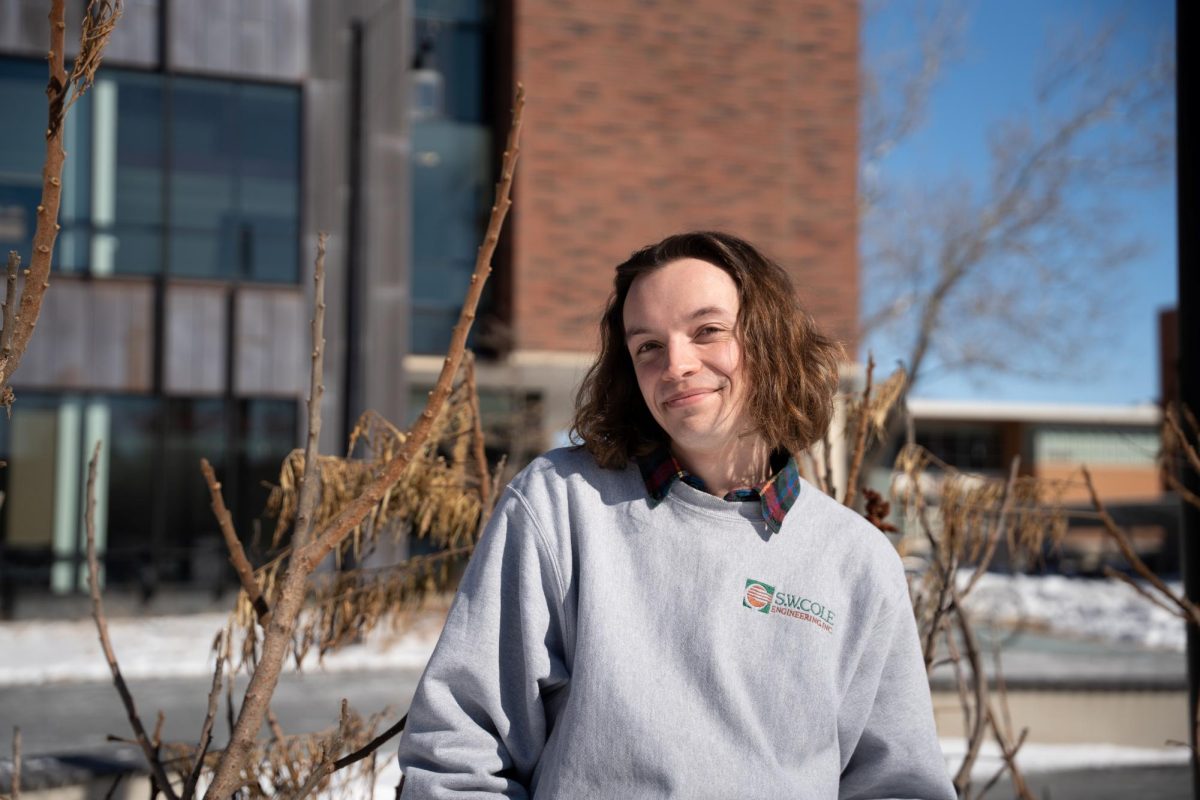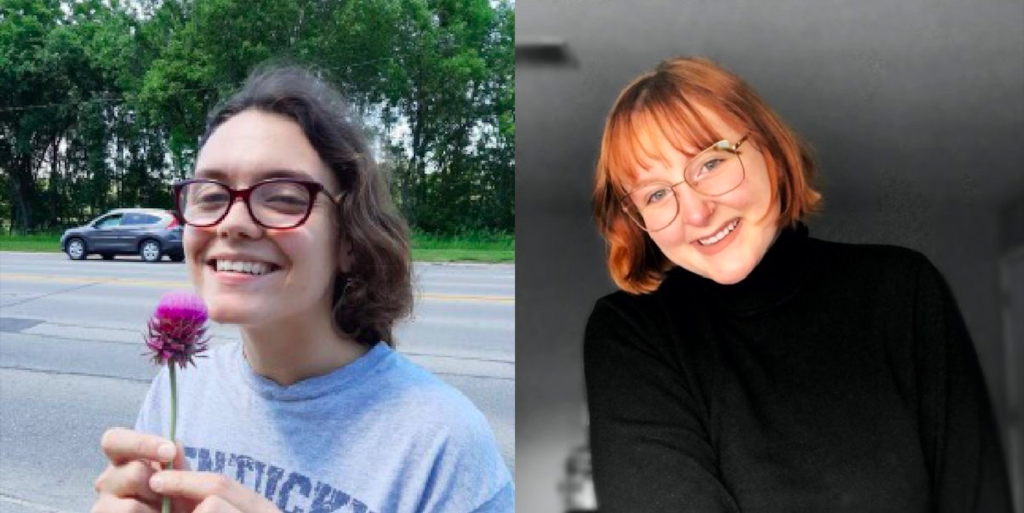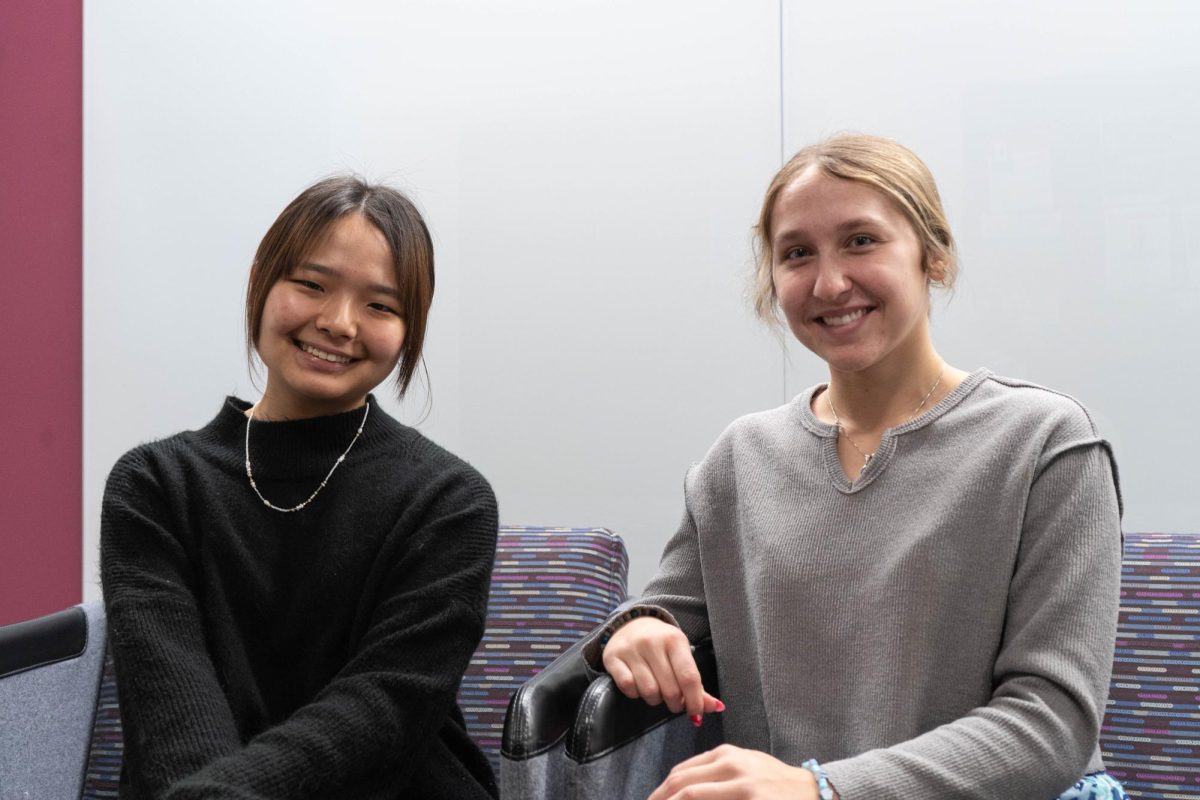Destiny Magnett and Sarah Beisner, both `22, have been named Truman Scholars after a record number of national applicants, the first Grinnell students to receive the prestigious award for public service and leadership since 2017. Magnett will use the award to obtain a master’s degree in theological studies, while Beisner intends to pursue a master’s in social work focusing on child welfare policies.
The Truman Foundation created this scholarship in 1975 to help fund college graduates’ future studies, offering a grant of $30,000 for those committed to attending graduate school in government or the public service sector – broadly defined on purpose, according to Magnett, to allow for the broadest amount of impact in communities.
The process to apply begins in second year, when students submit their intent to apply. Grinnell College applicants are then required to attend workshop sessions with peer applicants to prepare for their application and interview for the College’s nomination.
I have a really compelling belief that every child deserves an equal opportunity. -Sarah Beisner ’22, Truman Scholar
From there, if nominated by Grinnell, students meet with Ann Landstrom, the Assistant Dean and Director for Global Fellowships and Awards, during the next fall semester to complete the Truman Scholarship’s national application, which consists of multiple essay questions and a policy proposal, among other requirements.
The Truman Scholarship drew Beisner in with its promise to help her provide happy, healthy home environments for children. “I have a really compelling belief that every child deserves an equal opportunity,” said Beisner. “To succeed. To be happy. To have a good life. … In a society, we are responsible for them.”
“Had the system better been able to address [my mom’s] needs, she would have recovered to have a better adult life,” said Beisner. “But kids are made responsible. … I need a world in which the system is part of the solution, not the problem.”
Magnett heard the first “congratulations” on receiving the Truman Scholarship in a Webex meeting with President Anne Harris. She had originally been expecting an email instead, making for an unreal moment. She was then told to keep the news a secret for five days until it could be formally released, which added to her sense of awe and amazement.
Religious studies is the study of empathy. Because religion is something that people hold closely to their identities. -Destiny Magnett ’22, Truman Scholar
For Magnett, the Truman Scholarship will help her reach towards her dream of building and strengthening communities across religions. She will continue her research in religious studies, which she says was the best fit for her to learn about discrimination and persecution. In her study abroad semester, Magnett is looking forward to traveling to Jordan, where she will apply her work with the United States Agency for International Development.
“Religious studies is not just theology,” said Magnett. “Religious studies is the study of empathy. Because religion is something that people hold closely to their identities.”
Magnett has been working with Professor Caleb Elfenbein, religious studies, on his project Mapping Islamophobia for more than a year and a half, an endeavor she cites as being integral to her growth as a student. The study tracks incidents of aggressive actions towards Muslims and Islamic communities. The data will be used to help profile and track trends.
Both Beisner and Magnett will now be connected to Truman Scholars all over the nation, able to share the details of what they are working on with each other. In addition, they will also be able to attend the Washington Summer Institute after they graduate, as well as the multiple other policy seminars the Truman Foundation hosts for its scholars.
“The LinkedIn requests have really been coming in,” said Magnett.
As for what they will be doing with the rest of their time here at Grinnell, Magnett will finish working on the project with Elfenbein and Beisner sees herself doing more advocacy and policy work.
“My advice for everyone would be to know what you believe in,” said Beisner, “How you can act on your belief throughout your life.”
Editor’s Note: This article has been edited to remove sensitive personal information at Beisner’s request. 3:20 p.m., May 18, 2021.

